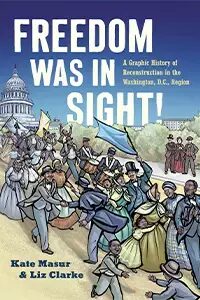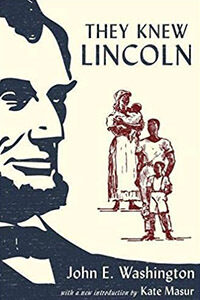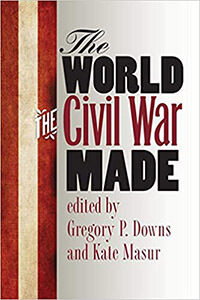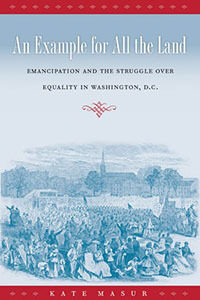Affidavit of Joseph Thompson, 1833
This is an excerpt from Joseph Thompson's sworn affidavit. You can view the original document here.
Joseph Thompson, of Boston, in the State of Massachusetts, aged thirty-four years, testify and say, that in the year eighteen hundred and twenty-nine I sailed from New York in the ship Milton, Captain William B. Webb, for Bourdeaux, and thence to New Orleans. The mate’s name was Charles Price Bulkley. At New Orleans . . . . Bulkley was directed in writing to pay the hands who went with him. There was due to me at that time, as steward, at the rage of $18 per month, the sum of $286 or 7. I asked Bulkley for the sum of $18, for my use at New Orleans. He was angry, and ordered me ashore. I went, taking my clothes. He charged me with stealing, and put me in a calaboose. He then sold me to a man by the name of Turner, from the country. I refused to go. Fortunately, I was able to speak some French, and I had some old acquaintances at New Orleans, one a landlord named John Pouch, and the other named Caleb Bartlett, a merchant of New Orleans, son of the late Dr. Bartlett of Charlestown, Massachusetts. This gentleman had sailed, when a boy, before the mast in a vessel of which I was steward . . . . By the kindness of those gentlemen, I was released; whereupon Bulkley accused me of being a dangerous fellow, and having a design to raise the slaves and murder the whites, and said I was fitted for such an undertaking. The jailor was about to shackle me, when Messrs. Pouch and Bartlett came, in consequence of a message which I sent by the guard, and relieved me. If I had not had friends in New Orleans, or if I had had them, but could not have sent a message in French buy the guard, I should not have been able to recover my liberty, and should, in all probability, have been in slavery at this time.
While I was in prison, I saw William Johnson, whom I had known as a free man at Baltimore. He was taken up in the street the same day that I was. He was chained, and put to work on the levee. He had a shackle round his right ankle, and a chain running from that to his waist, and attached to a belt round his body. I saw him whipped dreadfully with a cowhide, because he did not walk faster. I left him in that situation, and suppose that he is still a slave, as, in the usual course, he would be sold into the country in twenty days. In the calaboose there were nine other colored men, who were freemen . . . . All these, after twenty days, were to be sold for slaves. I suppose they must be in slavery now. They urged me to go and intercede for them. I did go to the landlord, Pouch, and asked him to help them, and he did all that he could, but it was in vain . . . . There is a continual stream of free colored men from Boston, New York, Philadelphia, and other seaports of the United States, passing through this calaboose into slavery in the country . . . .
his
JOSEPH X THOMPSON.
mark.
Suffolk, ss: Boston, Nov. 20, 1833
Subscribed and sworn, before me,
DAVID L. CHILD, Justice of the Peace.
Discussed in Until Justice Be Done, 119-20.




